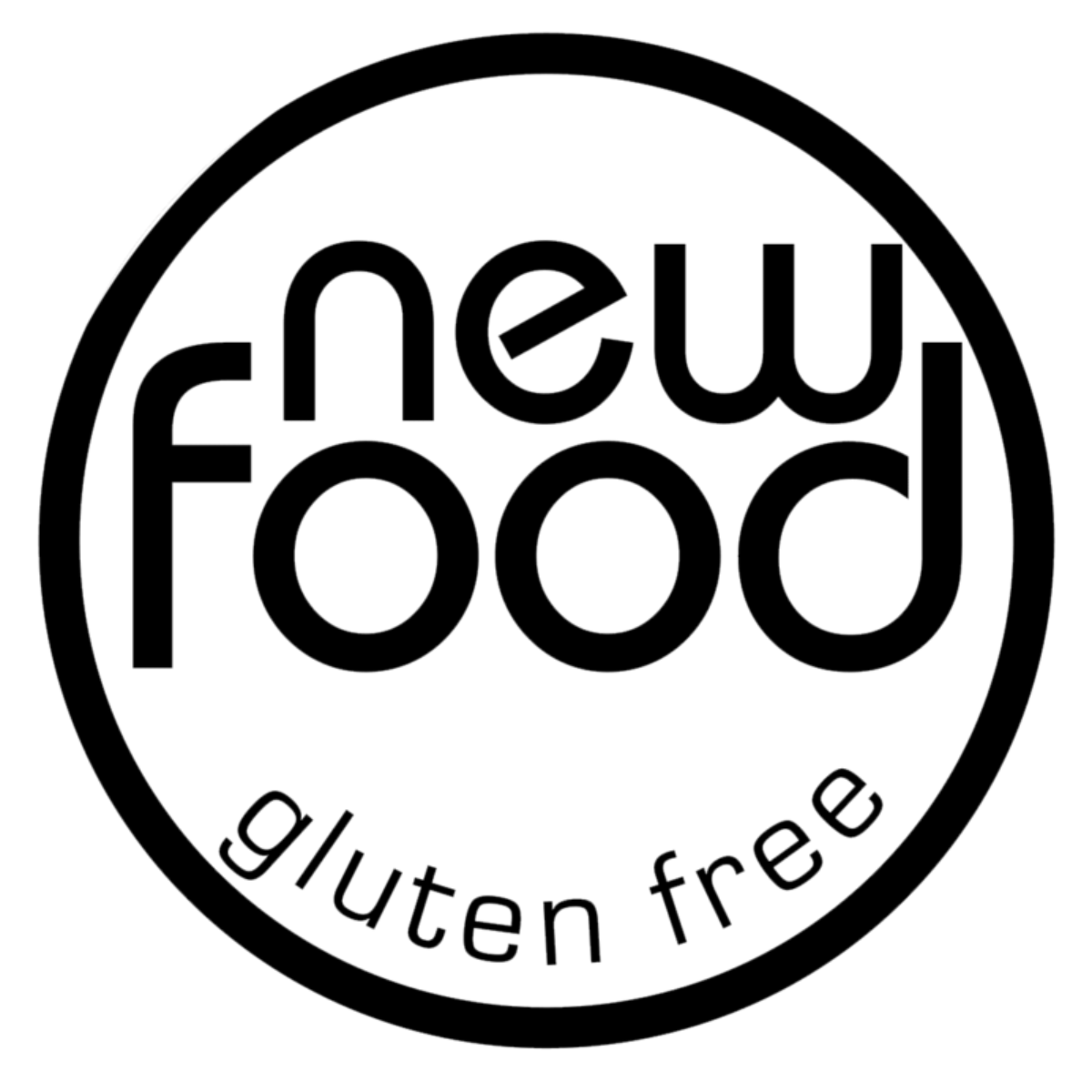Gluten-free and lactose-free products between taste and psychophysical well-being. NewFood – not a simple commercial experience, but a reality born with clear ethical assumptions: respect for nature and the improvement of people's quality of life – has for years been attentive to the needs and requirements of people with celiac disease but not only.
For this reason NewFood decided to interview an expert in the sector, the nutritional biologist,Ilaria Bezzi, graduated in Biological Sciences from L'La Sapienza' University of Rome, and then continued his studies obtaining a Master's Degree in Food Sciences at the University of Florence. Many years of experience, which saw her carry out two internships at the Sant'Orsola Hospital in Bologna, specifically dealing with the Celiac Disease and Liver Disease clinics.
Qualified as a Biologist and registered with the National Order of Biologists, she has always cultivated a strong passion for nutrition and the Mediterranean diet, trying to convey the love for food and the importance of a positive relationship with the table. Today you receive privately at your practice in Via Priscilla in Rome.
Doctor, you are a nutritional biologist and we would like to talk about a continually growing disease: celiac disease, an immune-mediated disease which afflicts genetically predisposed individuals, caused by gluten intolerance. What can you tell us about it? Does choosing what to eat therefore become important for one's physical and nutritional well-being?
“Celiac disease consists of an autoimmune-type adaptive response that occurs following the ingestion of foods containing gluten, in genetically predisposed individuals. This is a clinical picture that can occur at any age and finds the triggering cause in a permanent intolerance to gliadin, a protein fraction of gluten, contained in several of the most common cereals, including wheat, barley, rye, spelt. and kamut, but also in many packaged or prepared foods. The intake of this protein alters the intestinal villi, causing inflammation and malabsorption. Choosing what to eat therefore becomes crucial following a diagnosis of celiac disease”.
What are the advantages in nutritional, clinical and physical terms for those with celiac disease who adopt a gluten-free diet?
“When most celiac patients ingest gluten, they present intestinal symptoms, such as diarrhea, bloating, abdominal pain, or extraintestinal symptoms such as anemia, thyroiditis, dermatitis herpetiformis, arthralgia, osteopenia, alopecia. Celiac disease, at the moment, has as its only therapy a diet with the absolute exclusion of gluten, which in most cases leads to a resolution of the symptoms and prevents the severe complications associated with this diagnosis. At the time of diagnosis, patients will be directed by their doctor to choose a gluten-free but well-balanced and complete diet, to avoid incurring nutritional deficiencies.”
The advantages ofmangiare in parte senza glutine (in a healthy and balanced way) also exist for non-celiacs. Is it true that this type of diet can improve the digestive profile, reducing digestion times?
"At the moment there is no clear scientific evidence in this sense, therefore it is not recommended to exclude particular foods without a real and own diagnosis or medical prescription. A temporary exclusion of gluten is usually prescribed (but not only) in individuals who show a certain sensitivity to molecules and compounds contained in various foods and identified with the term FODMAP - "fermentable oligo-, di-, mono-saccharides and polyols" – i.e. fermentable oligosaccharides, disaccharides and monosaccharides and polyols. It is a series of carbohydrates that can give rise to disorders generated by intestinal fermentation. There is clinical evidence regarding the benefits of this type of diet on the typical symptoms of IBS (irritable bowel syndrome). However, the low-FODMAP diet should only be followed with the help of a professional (doctor, dietician or nutritional biologist), in consideration of the possible risks of nutritional deficiencies or deficits".


Recent Comments